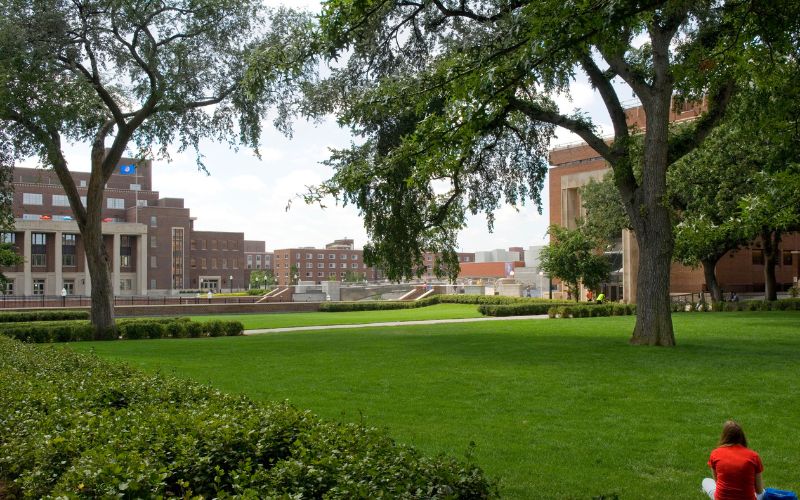
- Details
- By Native News Online Staff
The University of Minnesota is moving forward with its plan to return about 3,400 acres of land it has held for the last century back to the Fond du Lac Band of Lake Superior Chippewa Tribe.
Since 1909, the land—entirely within the tribe’s boundaries— has been occupied by the university’s Cloquet Forestry Center, a research center with a stated goal to “build an understanding of northern forest ecosystems through field-based research, education, and outreach.”
But since a 2020 investigative report published in High Country News revealed land grab universities across the United States that continue profiting from Native land, including the University of Minnesota, the university has been consulting with tribal nations on how to work towards healing through reparations, tuition waivers, land back, and transformative justice projects.
Last week, Fond du Lac Band tribal members, foresters, and community members from around the Cloquet and Carleton County area gathered to discuss the landback movement. The university and the band have drafted a memorandum of understanding outlining the return of the land to the band and how the forestry center’s ongoing research might also meet the needs of the band, according to MPR news.
The University of Minnesota was founded in 1851 but closed in 1857 because of financial hardship. It wasn’t until President Abraham Lincoln signed the Morrill Act of 1862 that the university was able to reopen in 1867, through the seed money generated from close to 100,000 acres of land taken from the 11 Minnesota tribes. The Act allowed states to establish public colleges financed by the development or sale of association federal land grants. More than 10 million acres of the grants were expropriated from tribal lands.
According to the University’s 2024 FAQ, there is no set timeline for the land return. That’s due, in part shared ownership of the Cloquet Forestry Center—the land isn’t wholly owned by the University. Some parcels are owned or restricted by the State of Minnesota.
More Stories Like This
50 Years of Self-Determination: How a Landmark Act Empowered Tribal Sovereignty and Transformed Federal-Tribal RelationsPrairie Band Potawatomi Nation Fires Executives After ICE-Related Contract Sparks Outcry
Tlingit Haida Tribal Business Corporation Clarifies Federal Contracting Work
Homeland Tour Offers Deeper Understanding, Appreciation of Chickasaw Roots
Klamath Tribes Seek to Reverse Judge’s Removal in Water Rights Case
Help us defend tribal sovereignty.
At Native News Online, our mission is rooted in telling the stories that strengthen sovereignty and uplift Indigenous voices — not just at year’s end, but every single day.
Because of your generosity last year, we were able to keep our reporters on the ground in tribal communities, at national gatherings and in the halls of Congress — covering the issues that matter most to Indian Country: sovereignty, culture, education, health and economic opportunity.
That support sustained us through a tough year in 2025. Now, as we look to the year ahead, we need your help right now to ensure warrior journalism remains strong — reporting that defends tribal sovereignty, amplifies Native truth, and holds power accountable.
 The stakes couldn't be higher. Your support keeps Native voices heard, Native stories told and Native sovereignty defended.
The stakes couldn't be higher. Your support keeps Native voices heard, Native stories told and Native sovereignty defended.
Stand with Warrior Journalism today.
Levi Rickert (Potawatomi), Editor & Publisher


